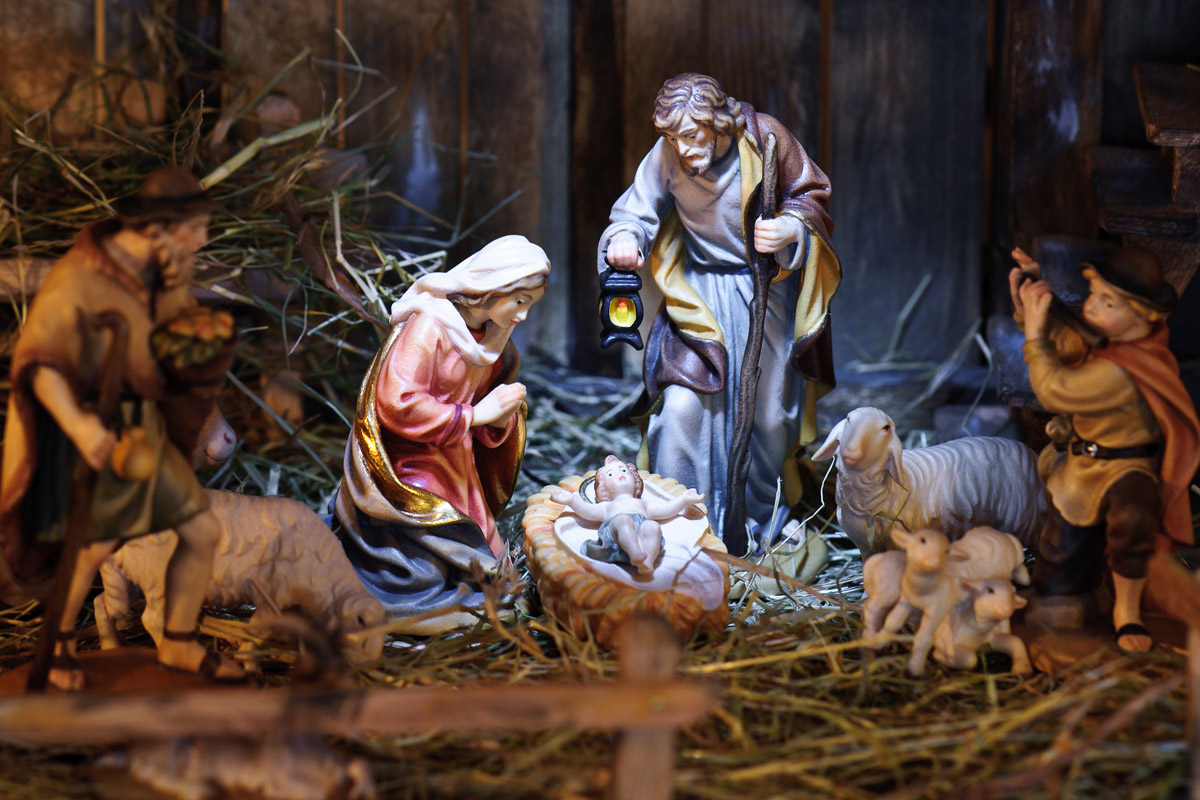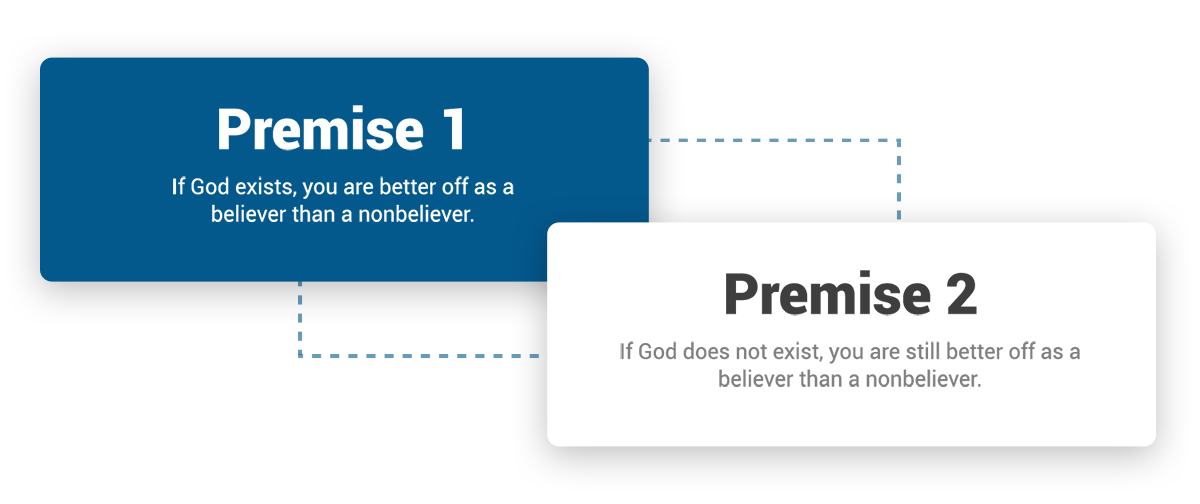WHAT’S THE MEANING OF CHRISTMAS?
WHAT’S THE MEANING OF CHRISTMAS?
Let’s Explore The Answer
Let’s Explore The Answer
Recent polls indicate that anywhere between 70-90% of Americans celebrate Christmas, but many of them don’t identify as Christian. Like Easter, the origins of the Christmas holiday are firmly grounded in Christianity but the holiday itself has become commercialized, often leading to confusion about what it all really means. Let’s take a look at the roots of this internationally celebrated holiday, which commemorates the birth of Christ and takes place every year on December 25th.
Living On The Edge
Learn More About God
Sign up to gain immediate access to free sermon MP3s, devotionals, blog content, and more.


What The Bible Says
The full Biblical account of Christmas, as we celebrate it today, is found in Luke 2:4-19. This Gospel tells the story of the baby Jesus’ birth to Mary and Joseph, an engaged couple from Nazareth. Mary had conceived through a miracle after an angel appeared to her telling her she would give birth to the Son of God. Through a series of events that led Mary and Joseph out of Nazareth, this baby, Jesus, was born in a manger in a stable.
Though the exact date of his birth is unknown, Christians have celebrated this event on December 25 every year. Additional references to the birth of Christ are found in Matthew 2 and Galatians 4:4-5. The reason Christ’s birth is so significant is that Jesus is one of the three persons making up the holy trinity of God: the Father, Son, and Holy Spirit. It also marks the beginning of the Christian faith.
Before Jesus’ birth, Christianity didn’t exist. Many prophets of Judaism predicted a messiah coming to earth, as seen in Isaiah 9:6: “For to us a child is born, to us a son is given, and the government will be on his shoulders. And he will be called Wonderful Counselor, Mighty God, Everlasting Father, Prince of Peace.” Christians believe that Jesus’ birth was the coming of that messiah. As John 3:16 states, “For God so loved the world that he gave his one and only Son, that whoever believes in him shall not perish but have eternal life.” For Christians, the Christmas holiday honors God’s manifestation on earth in the form of Jesus.
What would happen if you embraced the possibility that the God of the Bible really did create the world and really does care for you?
Pascal’s Wager

In the seventeenth century, a famous philosopher and mathematician, Blaise Pascal, encouraged people to make a wager when it came to belief in God. If a person chose to believe in God and God did exist, that person would gain everything (eternal life). If a person chose to believe in God and God did not exist, that person would lose nothing. On the other hand, if a person chose not to believe in God and he was right, he would lose nothing. But if that person did not believe in God and he was wrong- he would lose everything (lose eternal life).
This wager can be said another way:

Based on this logic, Pascal suggested the rational person would choose to believe in God as believing offers a person everything (eternal life) while losing nothing. Wherever you are in your faith journey, would you consider taking Pascal’s wager? If the good God of the Bible exists, you have nothing to lose and everything to gain by believing in Him today.
We’d Like to Provide More Resources to Help You Learn About God
To stay in touch with weekly resources from our team, fill out your information below.
